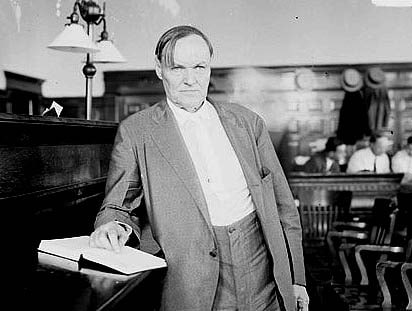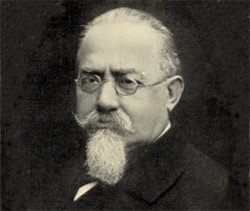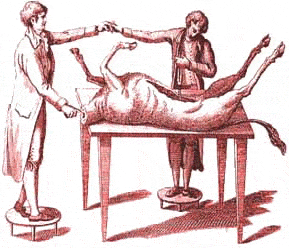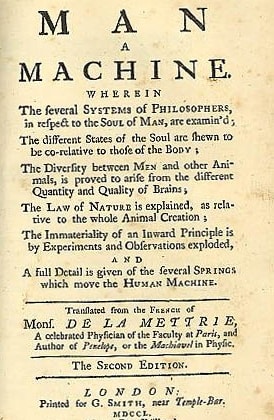Bah! Humbug! From the Cranky Sounds of Darwinists, It Must Be Christmas
You can tell when the Christmas season is approaching — by the nip in the air, and by the jump in the level of crankiness exhibited by Darwinists in the blogosphere. This year Christmas apparently has come early for internet Darwinists, who have been raising a kerfluffle on their blogs about Discovery Institute Senior Fellow William Dembski’s usage of a clip of some Harvard-commissioned animation of the cell in a few of his lectures. In typical high dudgeon, Darwinists have accused Dr. Dembski of all sorts of nefarious violations of intellectual property law. Some have even claimed (as usual, without an iota of evidence) that Discovery Institute supports the disregard of copyright laws or even had something to do with Dr. Dembski’s usage of the animation in question. (Wrong on both counts.)
Read More ›









































